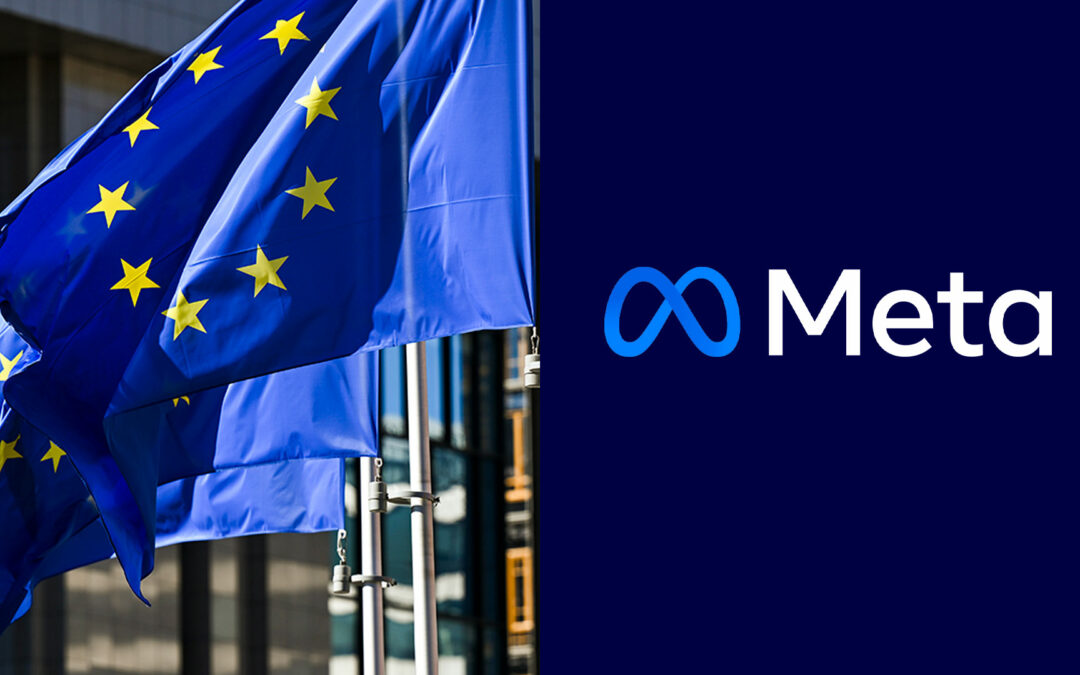In July 2025, Meta announced its refusal to sign the European Union’s voluntary General-Purpose AI Code of Practice, a regulatory instrument to support compliance with the EU’s AI Act. This article explores the regulatory context, Meta’s rationale, industry and regulatory responses, and the broader implications for artificial intelligence innovation and governance in Europe.
1. Introduction
The European Union (EU) has taken a pioneering role in shaping global AI governance, culminating in the adoption of the Artificial Intelligence Act in 2024 and the release of the General-Purpose AI (GPAI) Code of Practice in July 2025. The Code is a voluntary but influential framework aimed at ensuring trust and compliance among developers of leading AI models. Meta’s public refusal to sign the Code has sparked significant debate regarding the intersection of regulatory oversight and tech-sector innovation.
2. Regulatory Background
2.1 The EU AI Act
Passed by the European Parliament in 2024, the AI Act classifies AI systems by levels of risk and introduces compliance obligations accordingly. Designed to align AI practices with EU values of safety, transparency, human oversight, and data integrity, it includes special provisions for GPAI systems due to their expansive use cases and impact.
2.2 The General-Purpose AI Code of Practice
Released on July 10, 2025, the GPAI Code of Practice provides guidance for AI model developers in anticipation of future legal enforcement. It covers areas such as transparency, incident reporting, dataset documentation, copyright respect, and model risk management. While not legally binding, signing the Code signals alignment with European standards and provides a clearer compliance path.
3. Meta’s Objections and Public Position
On July 18, 2025, Meta publicly declined to sign the EU’s AI Code. According to Joel Kaplan, Meta’s Chief Global Affairs Officer, the decision was based on three key issues:
- Legal Uncertainty: Meta argues the Code lacks clarity on the legal implications for compliance, which introduces risk for developers.
- Regulatory Overreach: The company claims several Code provisions go beyond the mandates of the AI Act, setting unexpected standards.
- Impact on Innovation: Meta believes the Code would “throttle the development and deployment of frontier AI models in Europe.”
Meta emphasized its commitment to engaging with EU regulators but underscored that the current regulatory approach could hinder European AI competitiveness.
4. Responses from Industry and Government
4.1 Industry Response
Meta’s concerns echo those raised by over 40 European technology firms, including Airbus and ASML, which requested a delay in Code implementation. By contrast, OpenAI, Mistral, and Microsoft (tentatively) have recognized the Code’s utility and signaled willingness to participate.
4.2 European Commission Reaction
The European Commission maintained that the Code is voluntary but reaffirmed that companies refusing to sign may face greater regulatory scrutiny. Officials framed the Code as a stepping stone toward full implementation of the AI Act starting in August 2026.
5. Broader Implications
- Meta: The company’s refusal could lead to increased EU oversight and reputational risks in one of its core markets.
- Technology Sector: The split in company responses illustrates tensions between regulatory clarity and the need to preserve innovation incentives.
- EU Policy: The Commission’s response reinforces its global position as a standard-setter in AI regulation.
6. Industry Summary Table
| Company | Signed the Code? | Position |
|---|---|---|
| Meta | No | Opposes Code due to legal uncertainty and regulatory overreach |
| Microsoft | Likely | Supports framework in principle, reviewing details |
| OpenAI | Yes | Signaled willingness to cooperate with voluntary regulations |
| Mistral | Yes | Confirmed compliance with EU Code |
| ASML / Airbus | No | Requested Code implementation delay |
7. Conclusion
Meta’s decision not to sign the EU’s GPAI Code of Practice has brought attention to the complex intersection of governance, legal certainty, and AI innovation. With the EU firm in its commitment to AI accountability, and companies divided on how best to comply, the evolution of AI governance in Europe will remain a significant global benchmark in the years to come.
References
- TechCrunch. (2025, July 18). Meta refuses to sign EU’s AI code of practice.
- Yahoo! Finance. (2025, July 18). Meta refuses to sign EU’s AI code of practice.
- Reuters. (2025, July 18). Microsoft likely to sign EU AI code of practice, Meta rebuffs guidelines.
- LinkedIn. (2025, July 19). Meta refuses to sign EU’s AI code.
- NewsBytesApp. (2025, July 19). Why Meta refused to sign EU’s AI code of practice.
- Brussels Times. (2025, July 19). Meta will not sign EU AI code of conduct.
- Times of India. (2025, July 19). Unlike Mark Zuckerberg’s Meta, Microsoft may sign EU AI code of practice.
- Heise Online. (2025, July 19). Meta opposes the EU’s AI plans.
- Cryptopolitan. (2025, July 19). Microsoft set to sign EU AI code, Meta continues to resist.
- CyberNews. (2025, July 20). Meta refuses to sign EU’s AI act, calling it ‘the wrong path’.
- CNBC. (2025, July 18). Meta says it won’t sign Europe AI agreement.
- Economic Times Telecom. (2025, July 19). Microsoft likely to sign EU AI code of practice, Meta rebuffs guidelines.
- Times of India. (2025, July 19). Mark Zuckerberg’s Meta says it will not sign Europe’s ‘Biggest AI law’.
- Reddit. (2025, July 20). Meta says it won’t sign Europe AI agreement, calling it an overreach …
- Economic Times Brand Equity. (2025, July 19). Microsoft likely to sign EU AI code of practice, Meta rebuffs guidelines.
- Techi.com. (2025, July 18). Meta Declines to Join EU’s AI Code of Practice.

